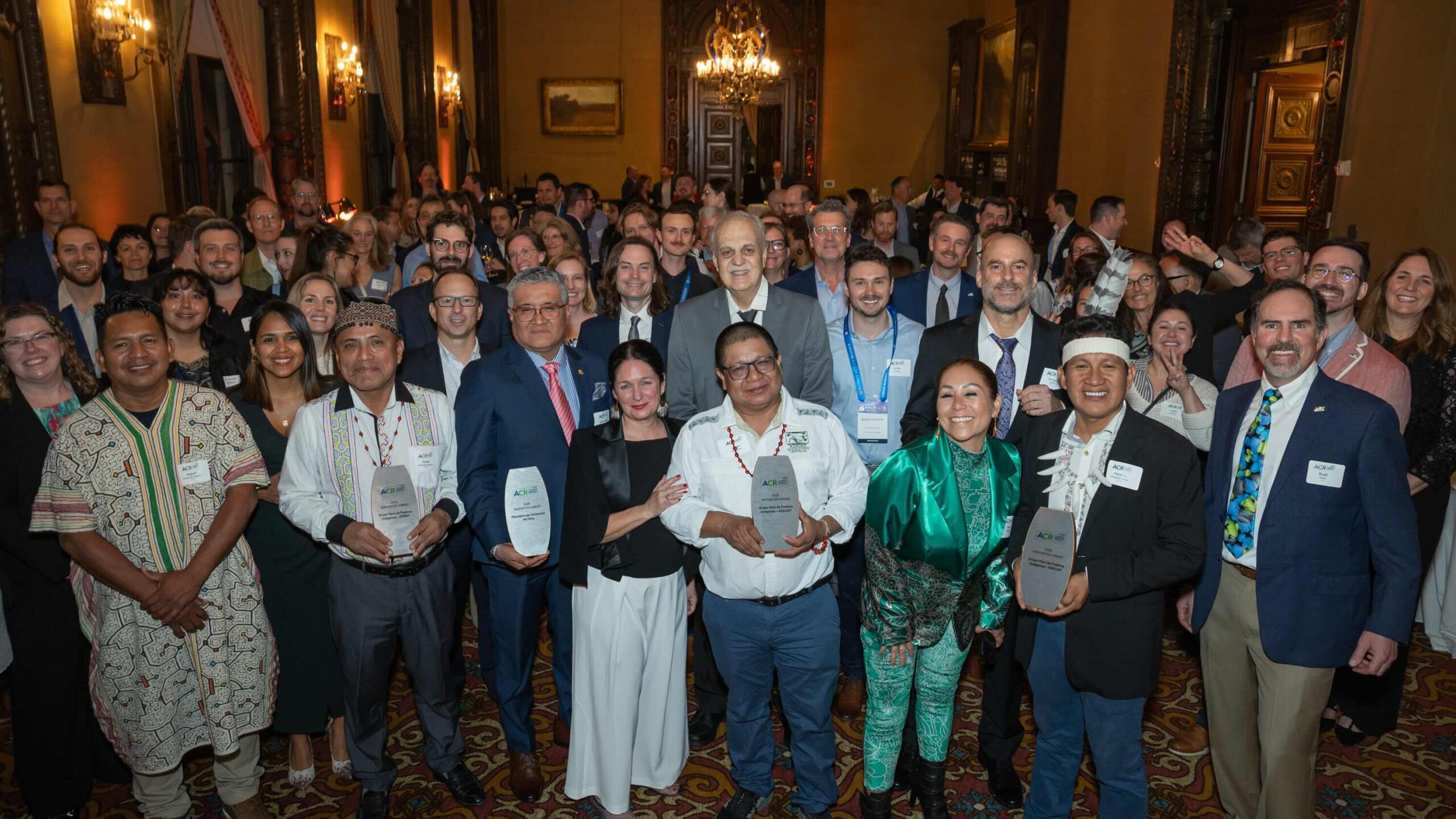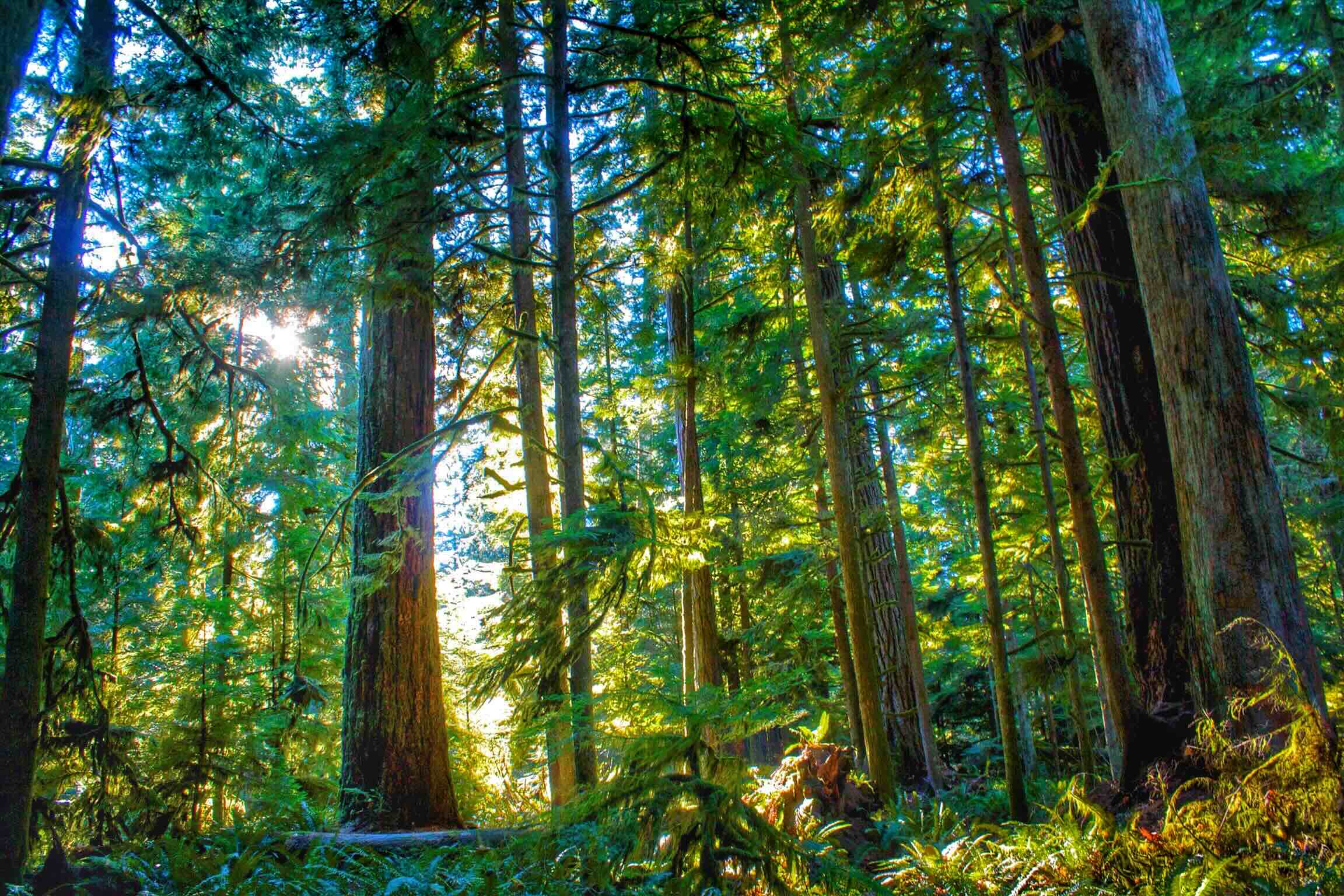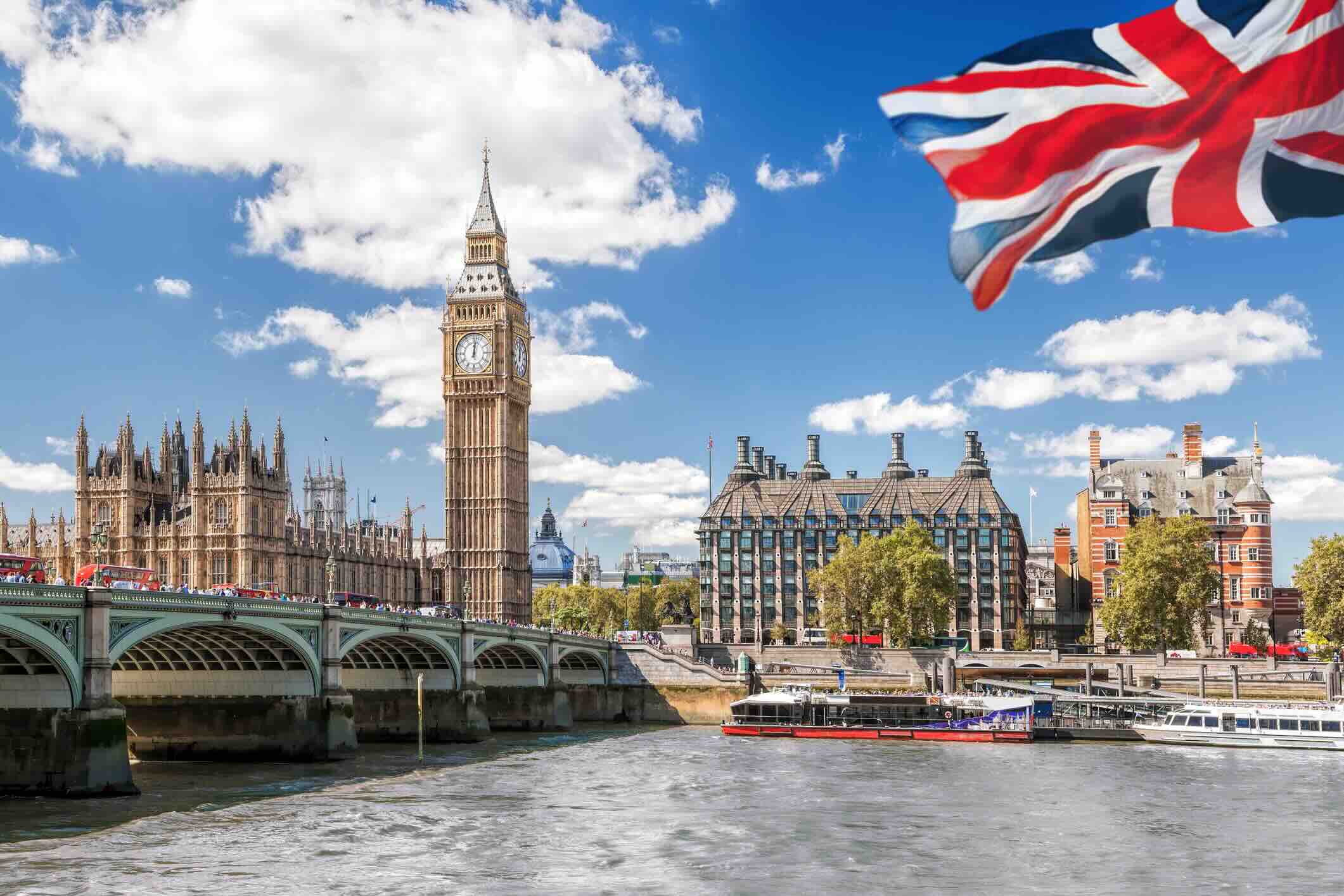This website uses cookies so that we can provide you with the best user experience possible. Cookie information is stored in your browser and performs functions such as recognising you when you return to our website and helping our team to understand which sections of the website you find most interesting and useful.
ACR Presents 2025 Carbon Market Awards at Annual Gala

Climate Scientist Carlos Nobre, Arbor Day Foundation, Duke University, and Grupo Perú and the Ministry of Environment of Perú recognized for enduring and innovative commitment to climate action.
LOS ANGELES – March 26, 2025 – ACR recognized trailblazing individuals and organizations for their commitments to climate action at its 2025 ACR Climate Impact Awards, which has been held annually for more than 15 years. The 2025 ACR Climate Leadership Award was presented to Carlos Nobre, a world-renowned Brazilian scientist whose pioneering research on the Amazon has shaped global climate policy and created practical solutions to harness economic opportunities for forest conservation. ACR also recognized the Arbor Day Foundation, Duke University, and Peruvian Indigenous organizations and the Ministry of Environment with awards.
“From the conservation of the Amazon rainforest to reforestation in the Mississippi Delta and the destruction of potent greenhouse gases, the carbon market is incentivizing impactful climate action during this critical decade,” said Mary Grady, Executive Director of ACR. “The 2025 ACR Climate Impact Award winners show that we all have important roles to play – scientists, governments, nonprofits, Indigenous Peoples, academia and companies – to advance climate solutions. We thank each of the award winners for their tireless dedication.”
Earth System scientist Dr. Carlos Nobre received the 2025 Climate Leadership Award for his lifetime of pioneering scientific research on the critical role of preserving the Amazon rainforest to combat climate change and avoid the tipping point of ecological collapse. As a Nobel Laureate for his contribution to the Intergovernmental Panel on Climate Change (IPCC) fourth Assessment Report, and a member of the US National Academy of Sciences, the Brazilian Academy of Sciences, the Royal Society and the World Academy of Sciences, Dr. Nobre has effectively translated his groundbreaking science into climate policy. Nobre has provided data-driven evidence to the global scientific community, as well as national and international policymakers and citizens, of the inextricable links among forests, biodiversity and climate change. As the founder of Amazônia 4.0, he has highlighted practical solutions to bring wealth and development to the Amazon and its peoples while protecting and restoring forests, and he has inspired collective, global action towards this goal.
Nobre thanked ACR for the recognition of his work and stated “If we exceed the tipping point, we will lose 50 to 70 percent of the Amazon rainforest, and we may reach the tipping point by 2050 if we continue current rates of deforestation and global warming. My research on the savannization of the Amazon showed the risks to the global ecosystems from exceeding planetary boundaries. I have worked to mentor a new generation of leaders, scientists and ecopreneurs to help us create a sustainable planet based on the socio-bioeconomy. Now that we have proven the vast worth of the Amazon rainforest, we must preserve indigenous knowledge and increase the value of the Amazon’s resources and its main ecosystem services, and that includes using innovative financing such as high integrity carbon markets to help save the Amazon.”
The Arbor Day Foundation received the 2025 Commitment to Quality Award for using carbon markets to help accelerate climate goals by financing reforestation projects. The Arbor Day Foundation has planted more than half a billion trees in more than 60 countries since 1972. The nonprofit’s wholly owned subsidiary, Arbor Day Carbon, collaborates with landowners, project developers, and credit buyers to access carbon credits to plant and grow new trees, including in the Mississippi River Alluvial Valley with the GreenTrees project. To date, the organization has retired more than 1.6 million credits issued by ACR, planting millions of trees as a result.
“A thriving voluntary carbon market can have a planet-shaping impact,” said Chris Tointon, President of Arbor Day Carbon. “Every carbon credit we retire is a win for the present and future of our planet and a record of real, measurable impact.”
Duke University received the 2025 Organizational Excellence Award for achieving its pledge to become carbon neutral by 2024, including a 31% reduction in greenhouse gas emissions since 2007 despite a 24% growth in campus population and the addition of 3 million square feet of new building space. In addition to investing hundreds of millions of dollars in infrastructure improvements and efficiencies, Duke also took responsibility for its remaining emissions by using 232,000 carbon credits in 2024 to achieve its goal, over 75% of which were ACR-issued credits sourced from high-quality projects to collect and destroy potent ozone-depleting refrigerant gases.
“Achieving carbon neutrality on campus is a triple winner – we reduce our carbon footprint, we save money in the long term, and we demonstrate how universities can be part of the climate solution,” said Toddi Steelman, Vice President and Vice Provost for Climate and Sustainability at Duke University. “Our Duke Climate Commitment extends to every facet of our university, including operations, research, education, community partnerships and external engagement. We are now setting even more ambitious goals at Duke, not only to reduce carbon emissions but also to develop sustainable operation goals and strategies.”
The Ministry of Environment of Perú (MINAM) and Indigenous organizations of Grupo Perú received the 2025 Innovation Award for partnering to develop the world’s first Indigenous Jurisdictional REDD+ Program under the Architecture for REDD+ Transactions (ART). The collaboration between MINAM and the Indigenous organizations known as Grupo Perú – ANECAP, AIDESEP, and CONAP – not only recognizes Indigenous rights and the crucial role that Indigenous knowledge and governance play in forest conservation but also sets a global example of what can be achieved when governments work hand in hand with communities to address climate change. By uniting the strengths of national governments and Indigenous Peoples, the partnership is demonstrating that it is possible to protect the forests, honor Indigenous rights, and create lasting, sustainable benefits for all involved.
“The Government of Peru is proud to be partnering with Indigenous organizations to create a new model for the world,” said Minister of Environment of Peru Juan Carlos Castro Vargas. “Built on a foundation of mutual respect, this collaboration highlights the essential connection between forest conservation, Indigenous rights, and climate action.”
“Indigenous jurisdictional REDD+ is an opportunity to recognize Indigenous Peoples as partners and not only as beneficiaries in nature-based solutions to climate change,” said Fermín Chimatani of ANECAP. “As guardians of some of the world’s most biodiverse and carbon-rich forests, this partnership is a step forward for the recognition of Indigenous Peoples’ rights and for rewarding our efforts in the fight against deforestation” said Jorge Pérez of AIDESEP. “This initiative shows how jurisdictional REDD+ can be developed in partnership with Indigenous Peoples, recognizing our leadership in preserving highly valuable ecosystems and delivering climate action at scale” said Oseas Barbarán of CONAP.
Issued annually, previous winners of the ACR Climate Leadership Award include John Kerry (Special Presidential Envoy for Climate at the time), Christiana Figueres (Executive Secretary of the U.N. Framework Convention on Climate Change at the time); Mary Nichols (Chair of the California Air Resources Board at the time); Tom Vilsack (former U.S. Secretary of Agriculture); Todd Stern (U.S. Special Envoy for Climate Change at the time); Paul Hawken (author and founder of Project Drawdown); Jonathan Pershing (Environment Program Director at the William and Flora Hewlett Foundation) and Frances Seymour (then Senior Scientist at the World Resources Institute and one of the world’s foremost authorities on the relationships between tropical forests and climate change).
ACR is an internationally recognized carbon crediting program that operates in global compliance and voluntary carbon markets. A nonprofit enterprise of Winrock International, ACR was founded in 1996 as the first private greenhouse gas (GHG) registry in the world with the mission of harnessing the power of markets to improve the environment.




